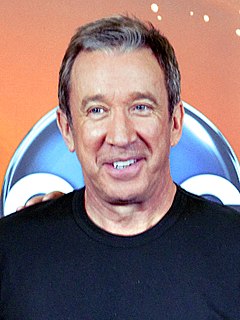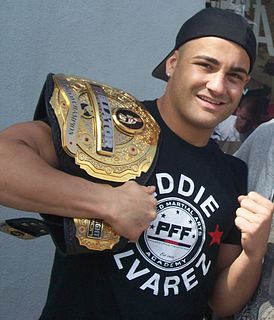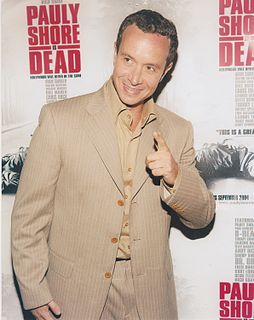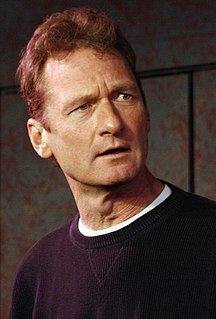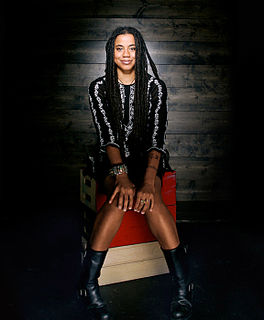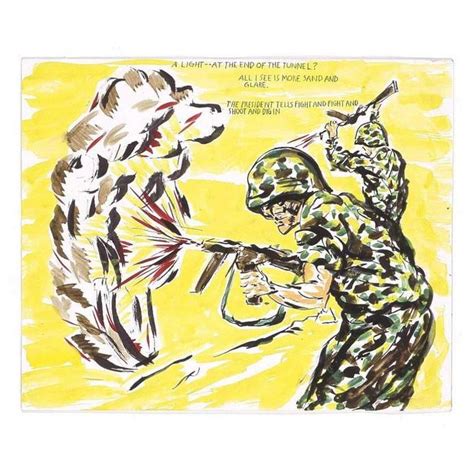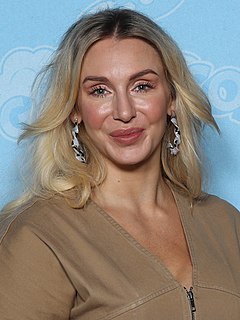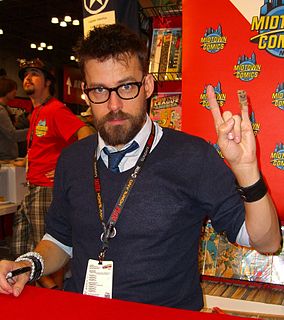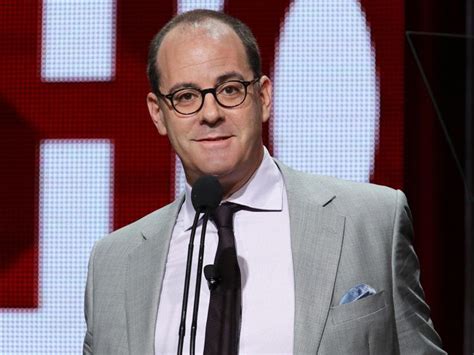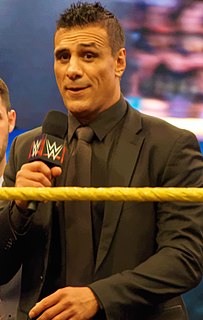A Quote by Tim Allen
I think there's a percentage [of the audience] that don't realize, that don't know that [standup] is how everything began. We planned it, we work hard, rehearsals to get this. It's more of a ... it's not just coming in there in a T-shirt and holding a microphone.
Related Quotes
I think as a performer, it can be really great to stand on stage, especially when you have more time, but I do think about the specific people in the audience, how it's hard for them to get up and go to the bathroom, how they chose not to do other things that night and have turned off their phones and everything. So for that reason, I think it's necessary to mix it up and talk to the audience.
I did standup for a lot of years, too, but when you come out as a standup, you get the feeling from a crowd - it's a kind of a 'make me laugh' attitude. But when you come out as an improvisor, they realize that they're suggesting everything you do. So they're already invested in the scene, and they actually want it to work.
I love my lecture tours. I get up onstage. I have my stack of books and a glass of water and a microphone. No podium, no distance between me and the audience, and I just talk to people and get all excited and tell a lot of jokes, and sing some songs, and read from my work and remind people how powerful they are and how beautiful they are.
What social media has done - Facebook, Twitter - is show the audience. I don't have an audience. When I make my work, it just goes out into the ether. I have a thick skin and it just brings me down to earth, you know, to realize how out-there and far away and paltry the audience is that gets what I'm saying. It's depressing if I let it get to me. And it's the same with hanging a show, the way it's put up, like, three stories high and you can't read a single word.
I think writing comics is predicated on being a fan - there's no either/or. I'd argue I'm an even bigger fan now than when I started because I know how the hot dogs get made. And I kinda always saw the moving parts. I think I appreciate the good ones more now that I realize how lousy the production process can be, how hard it can be, and how easily something good can get crushed in its cogs.
